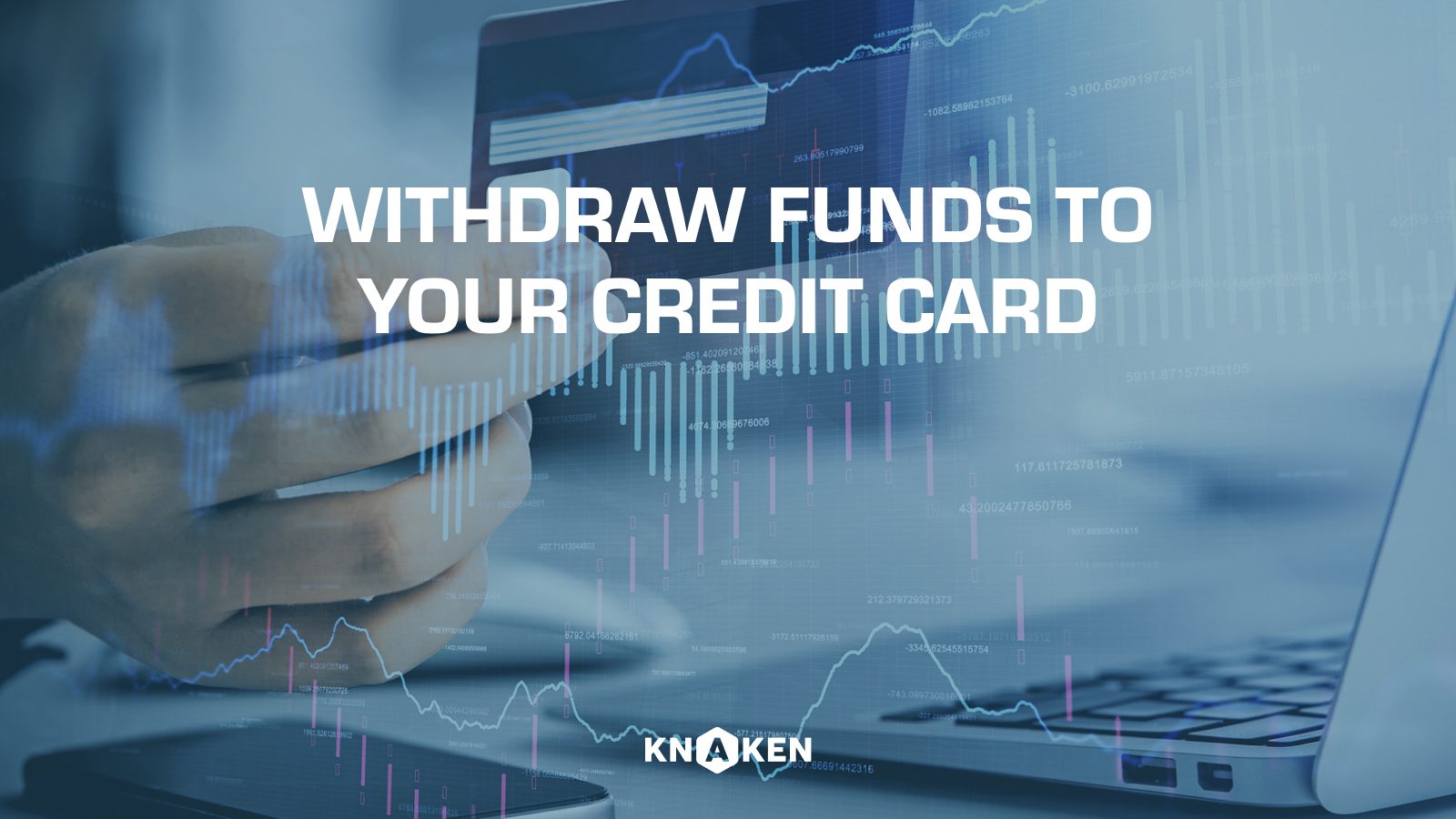Altcoin
Definition of Altcoin
Altcoin, short for “alternative coin,” refers to any cryptocurrency other than Bitcoin. Since the launch of Bitcoin in 2009, thousands of altcoins have emerged, each with unique features, purposes, and functionalities. While Bitcoin was designed primarily as a digital currency, altcoins can serve various roles, including tokens for decentralized applications, store of value, or providing other innovative technical solutions.
History of Altcoins
The rise of altcoins began shortly after Bitcoin proved its viability as a cryptocurrency in the financial market.
- 2011: The first altcoin, Litecoin, was launched by Charlie Lee. It was designed to provide faster transaction times and a different hashing algorithm.
- 2014: Ethereum was introduced, enabling smart contracts and decentralized applications on its platform, significantly expanding the utility of blockchain technology.
- 2017: The Initial Coin Offering (ICO) boom led to tremendous growth in the number of altcoins, where startups raised capital by issuing new coins.
- Present: The crypto market comprises thousands of altcoins, each contributing to the rapidly evolving ecosystem of blockchain technology.
Types of Altcoins
Altcoins can be categorized based on their underlying technologies, functionalities, and use cases. Here are some notable categories:
- Forks: Coins created as a result of changes in the Bitcoin protocol, including Bitcoin Cash and Bitcoin SV.
- Stablecoins: Cryptocurrencies pegged to stable assets like fiat currencies or commodities to minimize price volatility. Examples include Tether (USDT), USD Coin (USDC), and DAI.
- Platform Coins: Native tokens of blockchain platforms that enable developers to build and deploy applications. Ethereum (ETH) and Binance Coin (BNB) are prime examples.
- Utility Tokens: Tokens that provide users access to specific functionalities within a decentralized network. Examples include Chainlink (LINK) and Uniswap (UNI).
- Privacy Coins: Cryptocurrencies aimed at maintaining user privacy and transaction anonymity, such as Monero (XMR) and Zcash (ZEC).
- Governance Tokens: Tokens allowing holders to participate in decision-making processes related to protocol upgrades and project developments, such as Maker (MKR) and Aave (AAVE).
Prominent Altcoins
Several altcoins have gained prominence and recognition among investors, developers, and users. Notable examples include:
- Ethereum (ETH): The first major altcoin that introduced smart contracts. Ethereum’s platform supports decentralized applications (dApps) and has a robust ecosystem.
- Ripple (XRP): A digital asset designed for real-time cross-border payments and remittances, optimally catering to banking institutions.
- Cardano (ADA): A blockchain platform that emphasizes scalability and sustainability while employing a research-driven approach to development.
- Solana (SOL): Known for its high throughput and low transaction costs, Solana is a competitive platform for hosting decentralized applications.
- Polkadot (DOT): A multi-chain network that facilitates interoperability between various blockchains, aiming to create a connected ecosystem.
Advantages of Altcoins
Investing in altcoins can offer various advantages over traditional investments and Bitcoin:
- Diversification: Altcoins allow investors to hold a varied portfolio, reducing dependence on any single asset and its market fluctuations.
- Innovation: Many altcoins introduce new technologies or ideas, which can lead to potential surges in value as the crypto space continues to evolve.
- Lower Entry Prices: With lower market capitalizations, many altcoins present relatively affordable opportunities for investment compared to Bitcoin.
- Unique Use Cases: Altcoins often address specific needs or niches within the blockchain space, providing diverse functionalities that appeal to different user bases.
Risks Associated with Altcoins
While altcoins present potential opportunities, they also come with a unique set of risks:
- Volatility: Altcoins can be significantly more volatile than Bitcoin, leading to larger price swings and potential losses.
- Lack of Regulation: Many altcoins operate in unregulated environments, posing risks related to fraud, scams, and market manipulation.
- Project Viability: With thousands of altcoins available, assessing the credibility and long-term viability of smaller projects can be challenging.
- Liquidity Issues: Some altcoins may have low trading volumes, leading to difficulties in buying or selling without affecting the market price.
Conclusion
Altcoins play a crucial role in the evolving landscape of cryptocurrency and blockchain technology. They have significantly expanded the scope of digital assets, offering unique features and purposes beyond what Bitcoin provides. While they present enticing opportunities for investment and innovation, they also come with distinct risks. As the cryptocurrency market continues to grow, understanding the dynamics of altcoins will remain essential for both investors and enthusiasts alike.


















